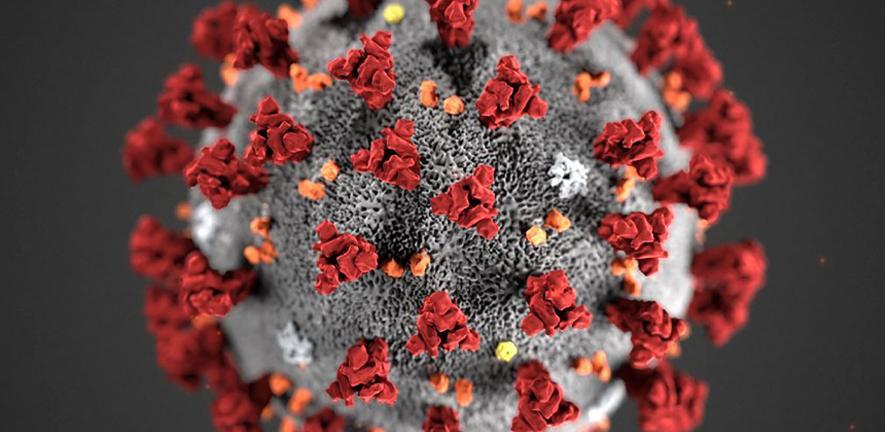
Affinity reagents for functional neutralisation of nCoV-19
There is a rapid need for both diagnostic and therapeutic reagents against nCoV-19. Molecules that can bind to specific viral proteins can immediately be used in diagnostic assays, particularly for testing sera of infected individuals who do not show an antibody response but have contracted the virus at the time of sampling. Molecules that block the interaction between the viral surface spike protein (S1 domain) and the ACE-2 cellular entry receptor can potentially also be used as antiviral drugs. Whilst antibodies act as these molecules in vivo, alternative classes of binding molecules can offer improved stability, reduced size and access to novel epitopes.
The Hollfelder Group are using directed evolution to select binders with defined properties from large (>109-membered) randomised libraries of proteins with potential binding properties. To this end, genotype and phenotype are brought together via in vitro display technologies that allow efficient selection and recovery of the relevant genes. The binders identified in screening experiments will be first tested for functional neutralisation of the spike protein-ACE-2 interaction that is crucial for infection of human cells by SARS-CoV-2 and then tested for their ability to prevent virus entry.
